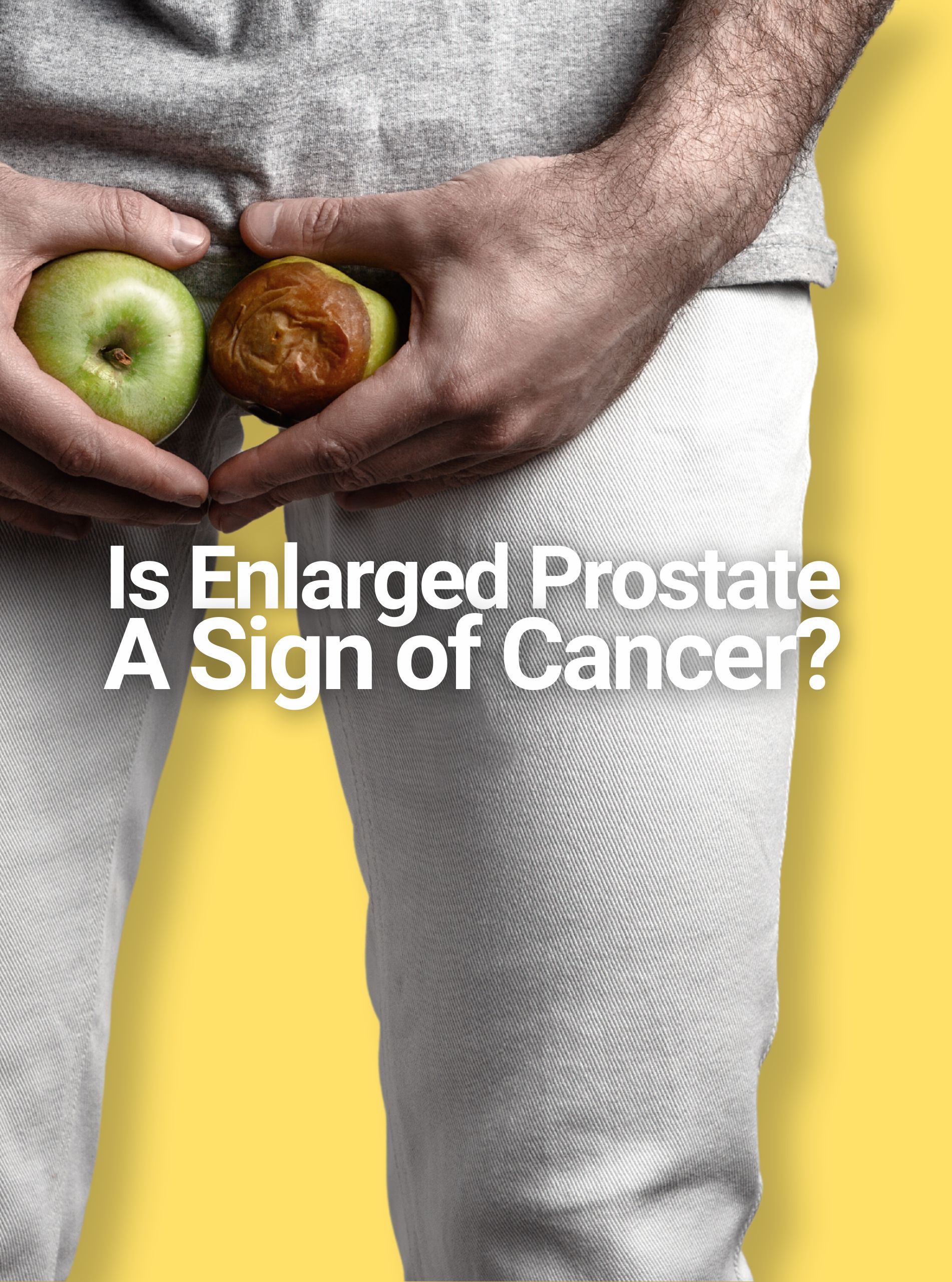


Benign prostatic hyperplasia (BPH), also referred to as benign prostatic hypertrophy, is a non-malignant enlargement of the prostate gland affecting aging men. The prostate gland is an accessory reproductive organ in the male that functions in sperm transport and nourishment. It is a sex hormone-dependent organ, is ovoid-shaped, and located at the neck of the bladder.
BPH is the most common condition affecting men and is present in 50% of men aged above 60 years of age, while over 80% of men above 80 years show histological evidence of BPH, the incidence and symptom severity of which is known to be affected by race and ethnicity.
BPH is not linked to cancer and does not increase your risk of getting prostate cancer—yet the symptoms of BPH and prostate cancer can be similar. If you have BPH, you may have undetected prostate cancer at the same time.

The exact cause of BPH remains unclear, but it predominantly affects older men. The progressive development of pathologic and clinical BPH is influenced by age, as nearly all men exhibit histological BPH as they age.
Hormones are also believed to contribute to BPH. Over the course of their lives, men produce both testosterone, a male hormone, and small quantities of estrogen, a female hormone. As men grow older, the active testosterone levels in their bloodstream decrease, resulting in a higher proportion of estrogen. Research studies have indicated that the prevalence of benign prostatic hyperplasia might be linked to this elevated proportion of estrogen within the prostate, as it amplifies the activity of substances that stimulate the growth of prostate cells.
Another hypothesis centers around dihydrotestosterone (DHT), a male hormone pivotal to prostate development and growth. Some studies have suggested that even as blood testosterone levels decline, older men continue to generate and accumulate substantial amounts of DHT within the prostate. This accumulation of DHT could potentially foster the ongoing growth of prostate cells. Notably, men who do not produce DHT do not develop benign prostatic hyperplasia.
While aging and hormonal shifts are the primary drivers behind BPH development, data also indicates that prostate growth rates tend to be higher in BPH patients who have metabolic conditions such as insulin resistance syndrome, abdominal obesity, hypertension, hyperglycemia, and reduced levels of high-density lipoprotein (HDL).

As the prostate gland enlarges, it can press on the urethra and bladder, causing a blocked urethra and a bladder that is overworked from trying to pass urine through the blockage. This can affect how you pass urine and cause symptoms. The symptoms of BPH are often very mild at first, but they become more serious if they aren’t treated.

Complications of untreated BPH include acute/chronic urinary retention, urinary tract infections, bladder stones and kidney/bladder damage. Most men with benign prostatic hyperplasia do not develop these complications. However, kidney damage in particular can be a serious health threat when it occurs.

Men may not need treatment for a mildly enlarged prostate unless their symptoms are bothersome and affecting their quality of life. Lifestyle changes, medication, minimally invasive procedures and surgery are all treatment options for symptoms that are affecting your quality of life.

BPH is considered normal condition of aging that affects a significant population of men above 50 years with substantial effect on quality of life, as it can be uncomfortable and frustrating. BPH isn’t the same as prostate cancer and doesn’t increase your risk for cancer. An enlarged prostate is always a manageable problem. Therefore, a proactive approach is crucial.
Life Care Diagnostic Medical Centre Sdn. Bhd. 200401034597 (673106-V)
Bangsar South
WhatsApp: 0122343610
1st Floor, Wisma Lifecare,
No. 5, Jalan Kerinchi, Bangsar South,
59200 Kuala Lumpur
Cheras South
WhatsApp: 01127213620
19A-2 & 19B-2, Block E, Kompleks Komersil Akasa,
Jalan Akasa, Akasa Cheras Selatan,
43300 Seri Kembangan, Selangor
Operating Hour:
Monday – Friday: 8.00am – 5.00pm
Saturday: 8.00am – 1.00pm
Sunday & Public Holidays: Closed

